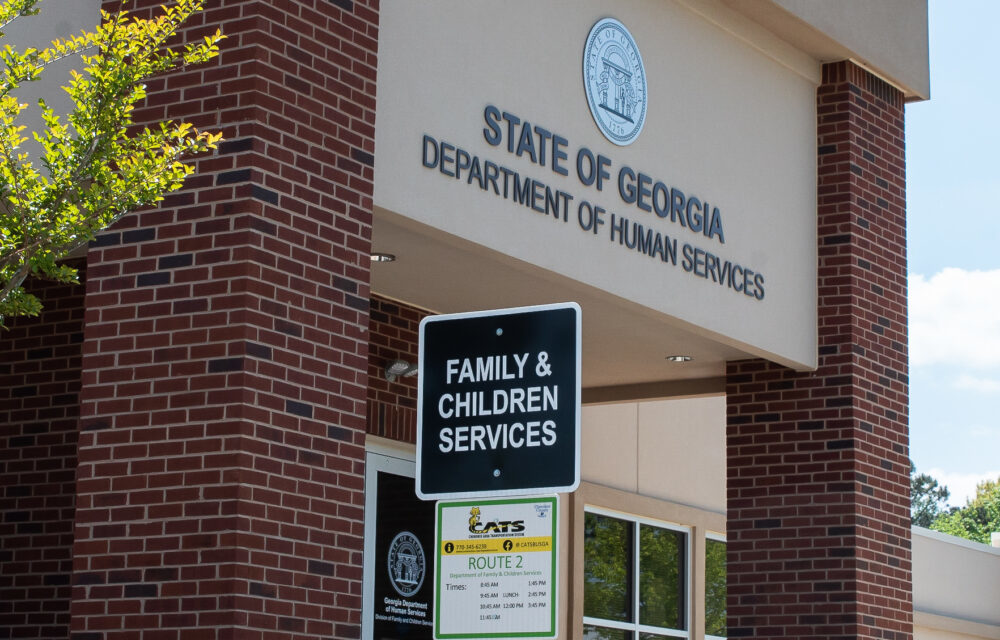
Georgia plans to launch a new program this summer intended to prevent children from entering the foster care system.
The $1.5 million pilot program would dispatch groups of specialists, known as “community action teams,” to assist families and children who are at risk of separation or are already involved in the child welfare system.
“I think we may see that in-home therapies and in-home counseling would prevent the child from being put into foster care,” said Candice Broce, the director of the Division of Family and Children Services.
Broce said Georgia’s program will be based on a similar model in Florida.
Florida’s community action teams launched in 2005 in Manatee County to help prevent children from unnecessarily entering state custody.
The teams, which now cover every county in Florida, are made up of mental health clinicians, a psychiatrist or advanced registered nurse practitioner, a nurse, a case manager, therapeutic mentors and support staff. They are available on nights, weekends and holidays and serve children and young adults up to 21 years old.
Sharon Hill, the former director of Georgia DFCS, said she hopes a similar initiative in her state could help keep families united.
“Foster care is really not the answer,” said Hill, who left the department in 2014. “It’s a short-term or temporary solution that’s meant to keep a child safe until we can find a permanent answer, whether it’s reunification or adoption.”
“We do not want children to come into the foster care system if they don’t have to,” she added.
Hill said specialized teams also could lift some of the stress on caseworkers, potentially helping lower staff turnover rates. Georgia’s Division of Family and Children Services lost almost 1,200 employees, 19.1% of its workforce, to resignations and transfers in the year ending last July.
“We ask our case managers to go into situations that they may not be equipped to handle,” Hill said.
Hill, who has spent more than 30 years in child welfare, recalled her first case, which she said involved a mother who had hung her baby from the shower curtain rod and stood outside wielding a large knife.
With only a mentor present, Hill, whose background was in mental health services, felt overwhelmed.
“I can remember thinking, ‘Oh, I’m not gonna be able to do this job,’” Hill said.
Hill said she believes the new program will create a safer environment for caseworkers and children alike.
“Having people who are skilled in de-escalating a crisis and resolving it just made good sense for everybody,” Hill said. “The right people going out to begin with protects the child and the individuals.”
This article appears on Now Habersham in partnership with Fresh Take Georgia







